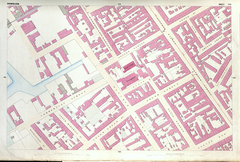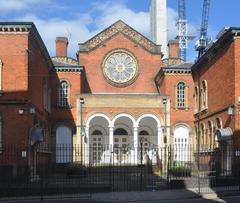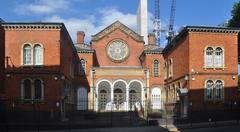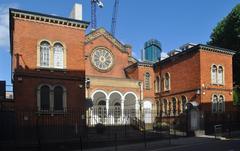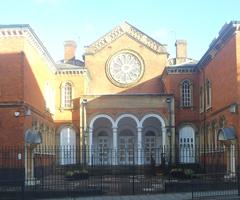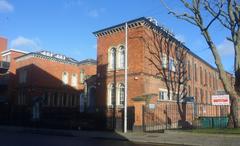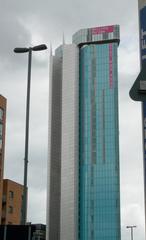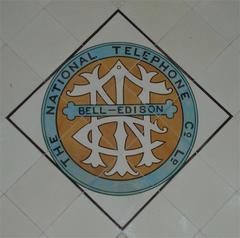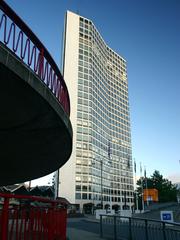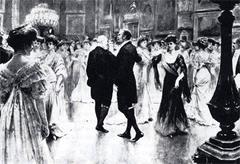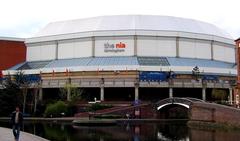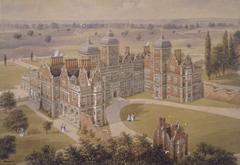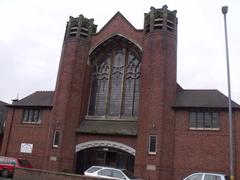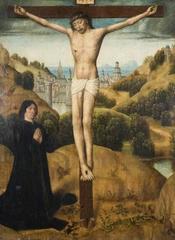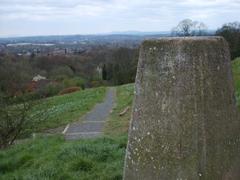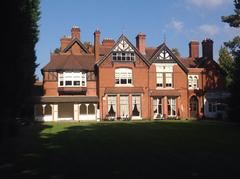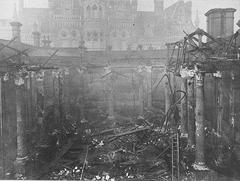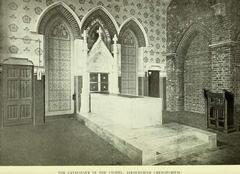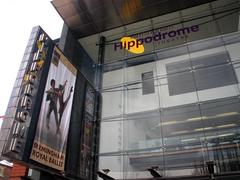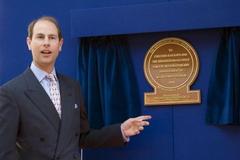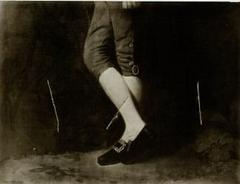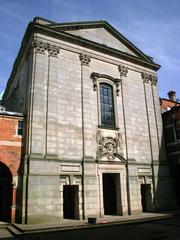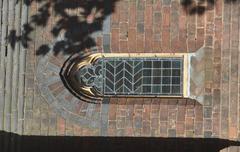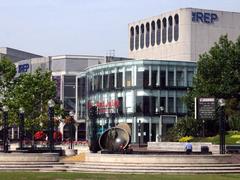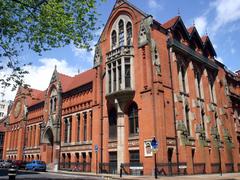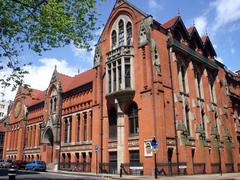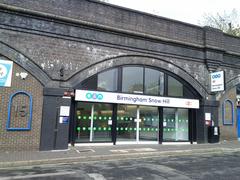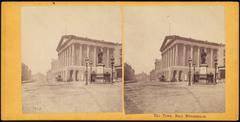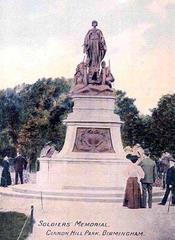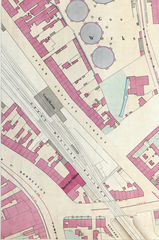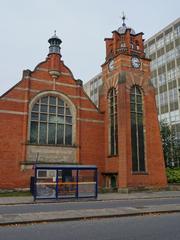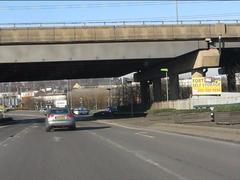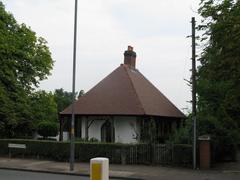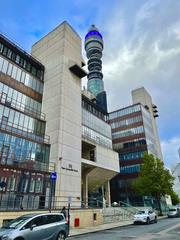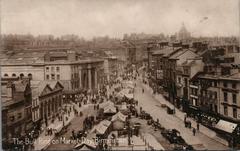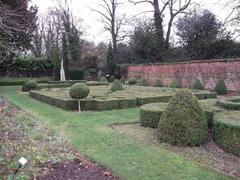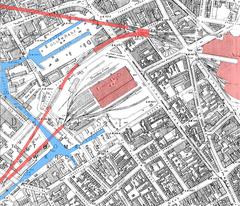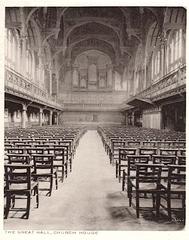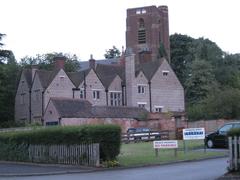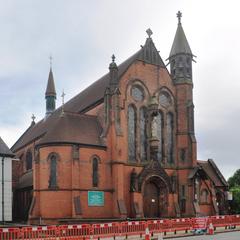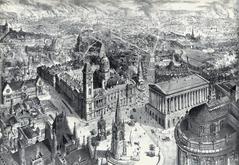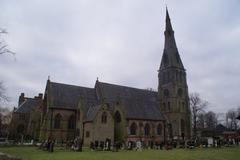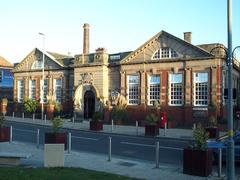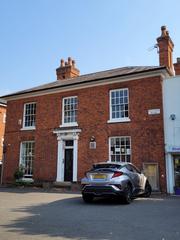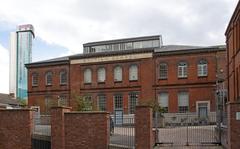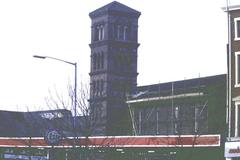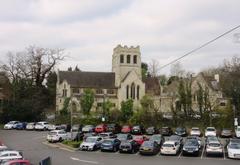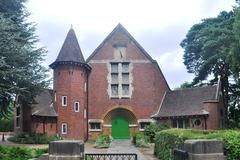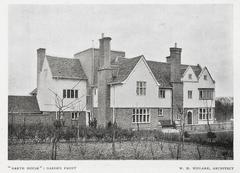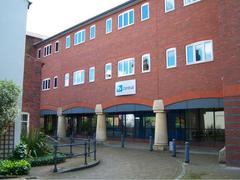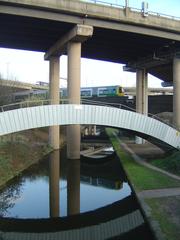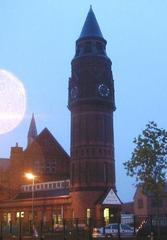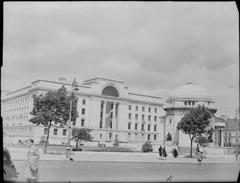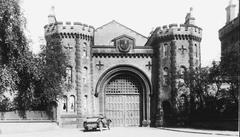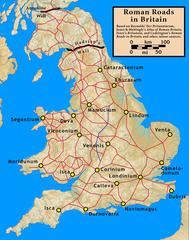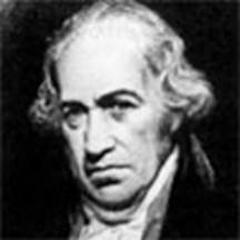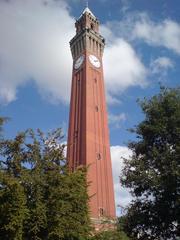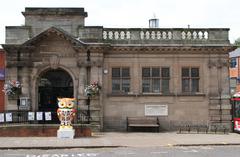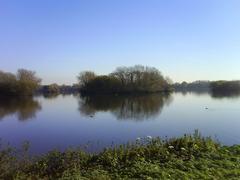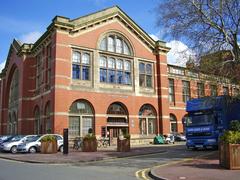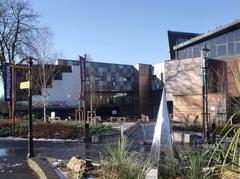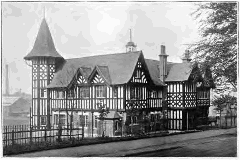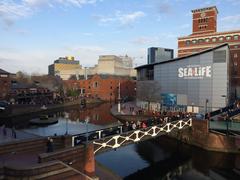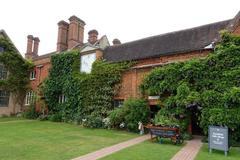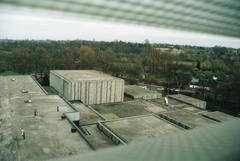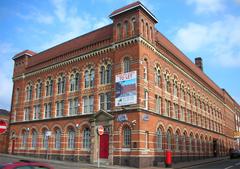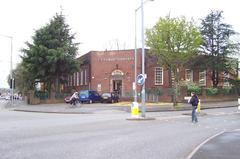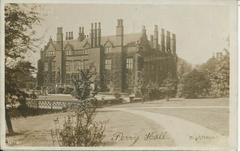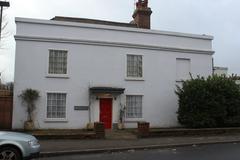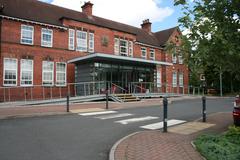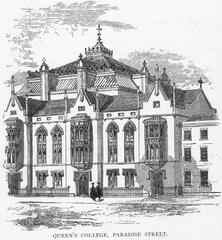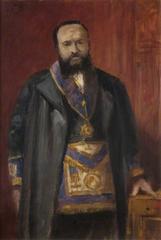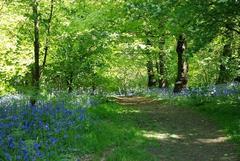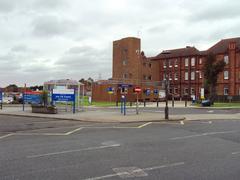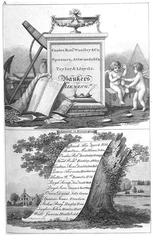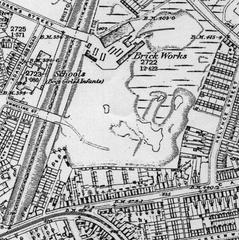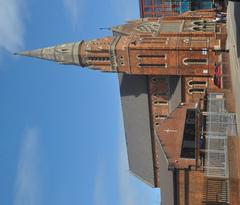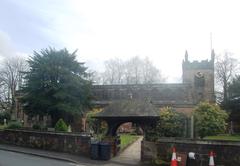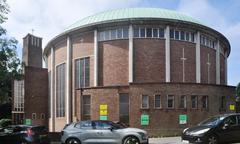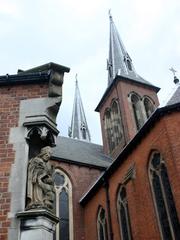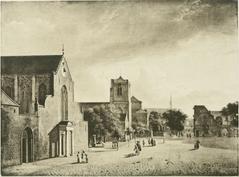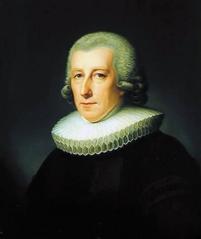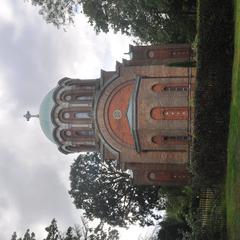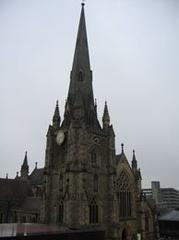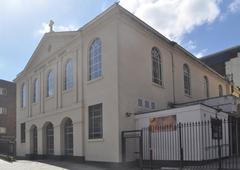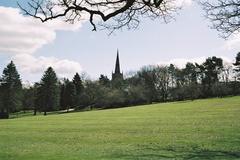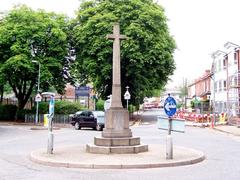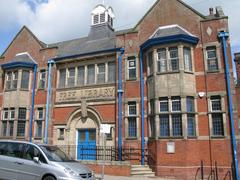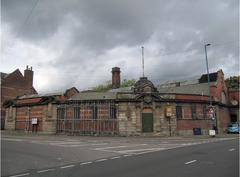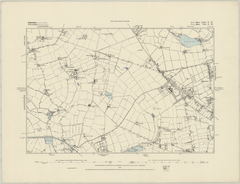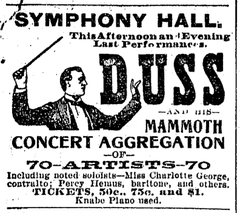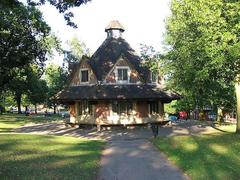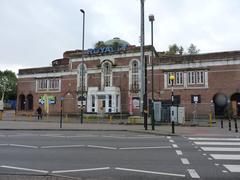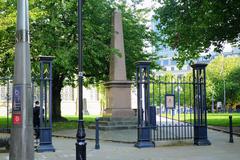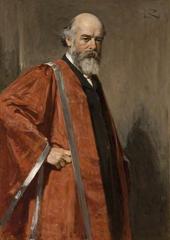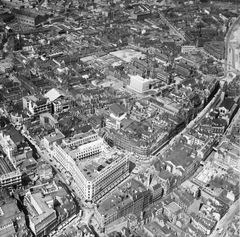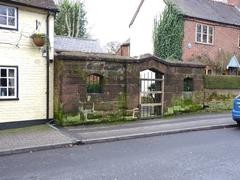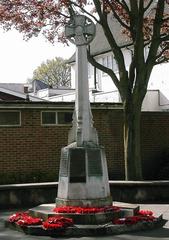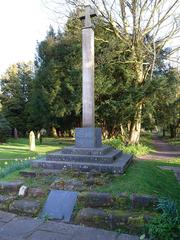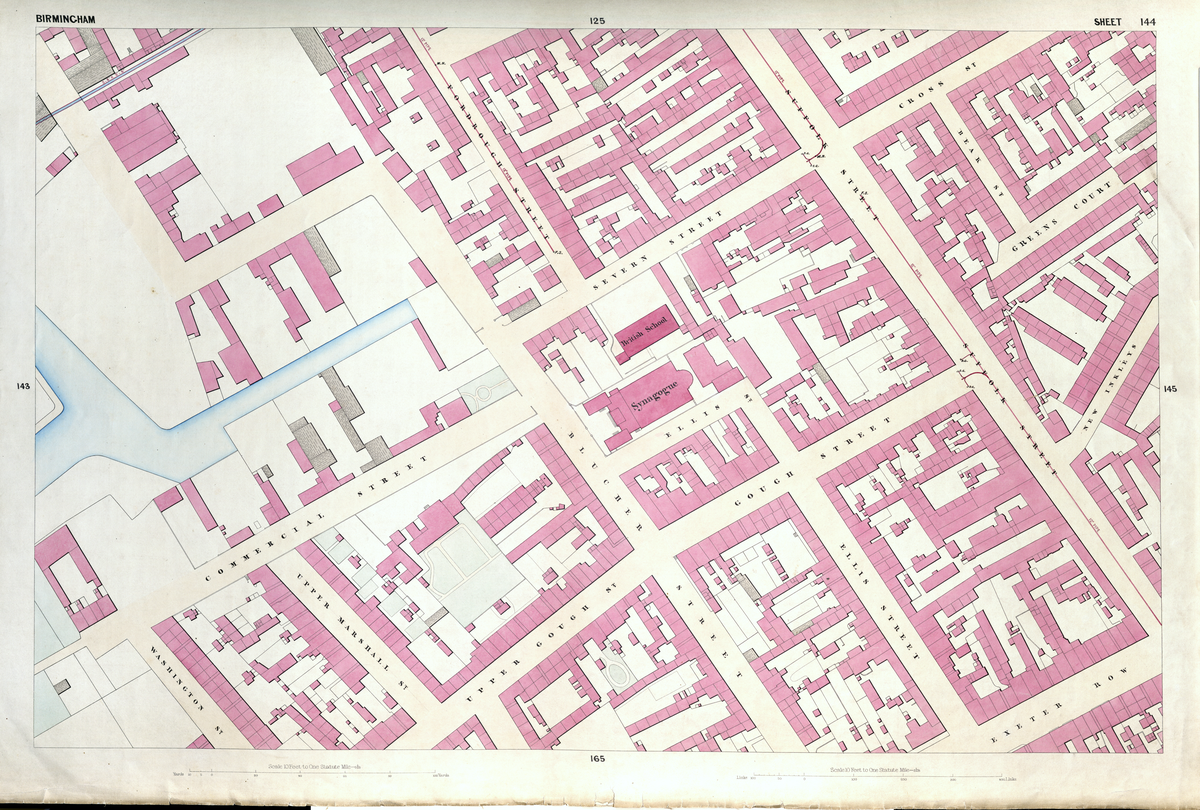
Singers Hill Synagogue Birmingham: Visiting Hours, Tickets, and Historical Significance
Date: 15/06/2025
Introduction
Singers Hill Synagogue, located in the heart of Birmingham, United Kingdom, is both an architectural gem and a living center of Jewish heritage. Established in 1856 and designed by renowned architect Yeoville Thomason, the synagogue is celebrated as the “cathedral synagogue” because of its imposing neo-classical Romanesque style, complete with vibrant brickwork, intricate stained glass, and vaulted interiors. Today, Singers Hill stands not only as a testament to Birmingham’s Jewish community and Victorian architecture but also as a vibrant hub for worship, education, and interfaith engagement (Singers Hill Synagogue: History, Tickets, and Birmingham’s Jewish Heritage; Wikipedia).
This guide provides an in-depth overview of Singers Hill Synagogue’s history, visiting hours, ticket information, accessibility, and nearby attractions—helping you plan a respectful, memorable visit to one of Birmingham’s most significant historical landmarks.
Table of Contents
- About Singers Hill Synagogue
- Historical Overview
- Visiting Information
- Nearby Attractions and Travel Tips
- Frequently Asked Questions (FAQ)
- Community Impact and Cultural Outreach
- Plan Your Visit
- References
About Singers Hill Synagogue
Singers Hill Synagogue, officially the Birmingham Hebrew Congregation, is a Grade II* listed building located at Ellis Street, Birmingham, B1 1HL. Its monumental facade, twin towers, and stained glass make it a standout among Birmingham’s Victorian landmarks. The interior features a basilica plan with cast-iron columns, balconies, a marble-finished Ark, and ornate windows, all reflecting the prosperity and aspirations of Birmingham’s 19th-century Jewish community (JewishGen; Foundation for Jewish Heritage).
Historical Overview
Early Jewish Settlement in Birmingham
Jewish presence in Birmingham dates back to the early 18th century, with settlers seeking economic opportunities and religious freedom. By the late 1700s, the community established its first synagogue in the Froggery district. Despite facing adversity, including the 1813 riots, the Jewish community persevered and flourished.
Growth During the Industrial Revolution
The 19th century saw an influx of Jewish immigrants from across Europe—Germany, the Netherlands, Poland, and Russia—who contributed to Birmingham’s booming industries. Many worked in tailoring, glassmaking, and commerce, facilitating the community’s growth and integration into city life.
The Synagogue’s Foundation and Development
Completed in 1856, Singers Hill Synagogue was designed by Yeoville Thomason, renowned for his work on the Birmingham Council House. The synagogue was constructed with striking polychromatic brickwork and Romanesque-Byzantine influences, symbolizing the community’s resilience and status (Synagogues 360). Over the decades, the building has remained the focal point of Jewish religious life in Birmingham.
Preservation and the Modern Era
The synagogue has undergone several restorations—in 1912, 1937, and most recently in 2015—to conserve its stained glass, marble flooring, and other historic features (Lubavitch.com). These efforts, recognized by English Heritage, ensure Singers Hill continues to serve as a vibrant place of worship and a historical monument (Birmingham Synagogue).
Visiting Information
Opening Hours and Booking
- Monday to Thursday: 9:00 AM – 5:00 PM
- Friday: 9:00 AM – 3:00 PM
- Saturday (Shabbat): Closed to visitors during services
- Sunday: 10:00 AM – 2:00 PM
Note: Hours may change during Jewish holidays or special events. Always check the official website or call ahead to confirm availability.
Booking:
Visits and guided tours are primarily by appointment. Advance booking is required for groups and strongly recommended for individuals, especially during busy periods or around festivals.
Tickets and Guided Tours
- Admission: Free; donations welcomed to support maintenance and programming.
- Guided Tours: Available for individuals, schools, and groups. Tours cover the synagogue’s history, architecture, and community role. Book through the official website or by phone.
Accessibility and Visitor Facilities
- Wheelchair Access: Step-free entrances and accessible restrooms are provided.
- Facilities: Clean restrooms, gift shop, seating in the main sanctuary.
- Assistance: Contact the synagogue in advance for specific accessibility needs.
Dress Code and Etiquette
- Dress Modestly: Men are required to cover their heads (kippot provided), and women should wear attire that covers shoulders and knees.
- Respect Services: Remain quiet during services. Follow staff guidance and congregational customs.
Photography Policy
- Photography: Allowed during tours and in most public spaces, but strictly prohibited during religious services and on Sabbath or Jewish festivals. Always ask before photographing individuals or religious artifacts.
Nearby Attractions and Travel Tips
- Jewellery Quarter: Explore Birmingham’s historic district renowned for its workshops and museums.
- Birmingham Museum & Art Gallery: Features art and city history, just a 15-minute walk away.
- O2 Academy & Alexandra Theatre: Cultural venues for music and performing arts.
- Dining: Kosher, vegetarian, and a variety of other restaurants are nearby.
Getting There:
- By Train: Birmingham New Street (26-minute walk).
- By Bus: Several routes serve the area; nearest stop is Ernest Street.
- By Tram: West Midlands Metro operates nearby.
- By Car: Limited parking; recommended to use public transport or nearby car parks.
For live transport updates, use the Moovit public transport guide.
Frequently Asked Questions (FAQ)
Q: What are Singers Hill Synagogue’s visiting hours?
A: Weekdays 9:00 AM–5:00 PM (Friday to 3:00 PM), Sunday 10:00 AM–2:00 PM, closed for visitors during Shabbat services; always confirm in advance.
Q: Is there an entrance fee?
A: Entry is free; donations are appreciated.
Q: Are guided tours available?
A: Yes, with advance booking required.
Q: Is the synagogue accessible to wheelchair users?
A: Yes, with step-free access and accessible facilities.
Q: Can non-Jewish visitors attend religious services?
A: Yes, but visitors should respect customs and remain quiet.
Q: Is photography allowed inside?
A: Allowed during tours, not during services—always ask permission.
Community Impact and Cultural Outreach
Singers Hill Synagogue is more than a place of worship—it is a living institution supporting educational programs, interfaith dialogue, and social welfare. School visits and group tours foster understanding of Jewish history, while community events and outreach initiatives promote mutual respect within Birmingham’s diverse population (Religion Resources; BBC Birmingham). The synagogue continues to serve as a safe haven and a cultural cornerstone, standing against prejudice and fostering inclusion.
Plan Your Visit
For the latest updates, tour bookings, and event schedules, visit the official Singers Hill Synagogue website. Download the Audiala app for guided tours of Birmingham’s historical sites, including Singers Hill, and follow the synagogue on social media for news and community stories.
Enhance your visit with high-quality images and virtual tours available on the website, featuring alt text such as “Singers Hill Synagogue Victorian stained glass window” for accessibility and SEO.
References
- Singers Hill Synagogue: History, Tickets, and Birmingham’s Jewish Heritage
- Wikipedia: Singers Hill Synagogue
- JewishGen: Birmingham Hebrew Congregation
- Religion Resources: Singers Hill Synagogue
- BBC Birmingham: Being Jewish in Birmingham
- Moovit public transport guide
- Official Singers Hill Synagogue Website
- Lubavitch.com: Historic Birmingham Synagogue Restored
- Foundation for Jewish Heritage: Singers Hill Synagogue
